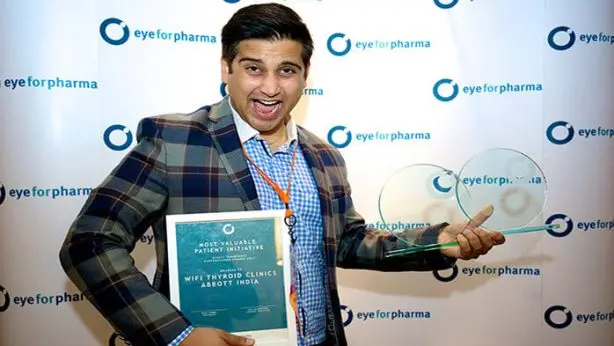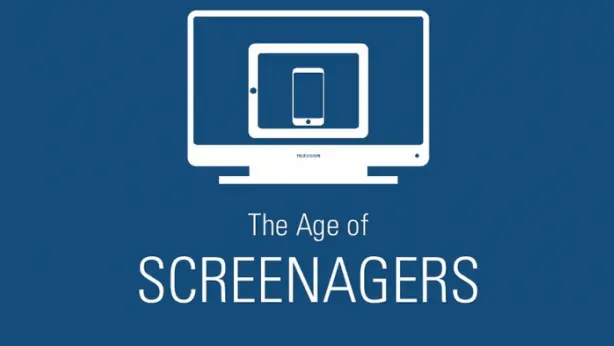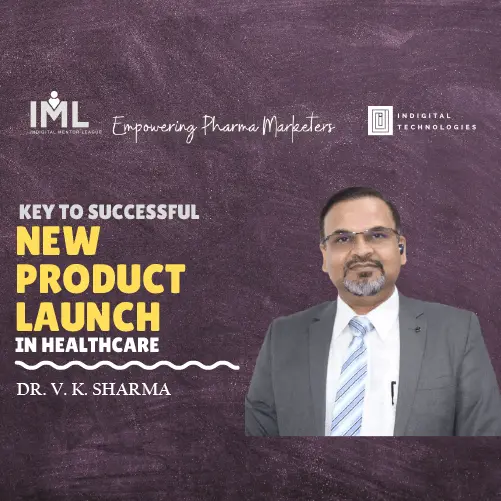Patient is the very purpose of and happens to be the final beneficiary of medicines making him key person in the chain and hence a potential target for the Pharmaceutical industry. However, though end user, he cannot choose medicines for himself and cannot be the end customer while as prescribers of medicines, Doctors are the end customers of pharmaceutical industry. Hence unlike other utility products pharmaceutical industry cannot directly address communication on use of medicines to a patient. For this reason any direct communication with patients by company can come under the scanner of scrutiny because of ethical considerations. This limitation can be overcome easily by becoming a bridge between the patient and clinician in a subtle manner.
A proper diagnosis of the disease, followed by selection of appropriate therapy by the doctor leads to better prognosis, i.e. cure. Prescription is not enough as compliance to the therapy has great impact on outcome of therapy. Given the skewed ratio between patient and doctor number it is well-nigh impossible for doctors to spend longer time with their patients for education. In public hospitals the time available with doctors for patient is still less and a junior doctor or nurse may talk to the patient. Being under stress because of illness, patient is more likely to miss a number of points told by the doctor. Hence a written communication, which can be revisited multiple times has no substitute. Companies tried to support the cause by providing educational and awareness material in printed form as take away leaflet or healthcare magazines to be kept at doctor’s clinics. This strategy has limitations as not many doctors would allow the material to be kept in their clinic. Further, patient will be rarely in the mood to read and absorb content given the stress he may be undergoing waiting for his turn.
For storage of information (in computers), easy retrieval whenever needed and updating information to the current date, there is no substitute to the internet and digital media. However, while gathering information to understand the disease is one aspect, companies need to do more. Now a days there is a clear shift in treatment design with more focus on oral therapy. This provides convenience but handing over the responsibility of taking own medicines carries the risk of either missing a dose or schedule of drug consumption. This can result in suboptimum plasma drug levels which may adversely affect efficacy. It is well documented that even in long term oral therapy for cancer, a few doses may be missed occasionally. Even in case of HIV treatment plasma drug levels are extremely important to keep the disease under control. That makes taking treatment at stipulated time an absolute must. Pharmaceutical companies can do a lot in assisting patients not only in maintaining schedule of therapy to perfection by taking timely treatment but also recording it. In conventional method one can provide a card with brand name at the top for identity along with the strip and a pencil to record date and time the drug was taken. This can help the patient avoid double dose or know whether a dose is missed and take appropriate step. With majority of people now using smart phones, it makes sense to provide an app for recording such a ‘drug dose – date – time’ matrix. The app can also include information such as when to take the medicine (on an empty stomach or after meals), what to do when a dose is missed and patient related information such as when to approach physician for an adverse effect – i.e. the patients information provided with product information. This is where the digital media can score over conventional method in recording data which can be useful to the patient and the doctor alike. To observe time schedule patients can set alarm so as not to miss a dose. These apps can be made available on company website or even on google store.
This way companies can make use of digital media for educating and assisting patients to get properly treated and in the process combining corporate social responsibility with marketing in ethical manner to establish the company as a brand. It is a win – win situation for all the entities involved.
Obviously, while the use of conventional methods continue to be as important, inevitable and will continue to serve their purpose, there is a need to reinforce these by making use of modern technology for optimization of results. Hence it must be acknowledged that Indigital Technologies has rightly addressed very important topic on patient education and the possible role pharmaceutical industry can play in working towards achieving it.


